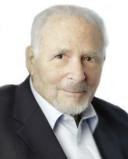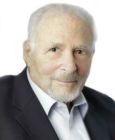Suicide
Should We Limit What We Take on as We Near Death?
As we approach the end of our lives, how should we spend our time and energy?
Posted August 11, 2016
No one knows for certain when his or her life will end. Even people planning to commit suicide can’t be certain they will be willing to act when the time comes. Yet we live with, or try to avoid remembering, the undeniable fact that life is temporary. We will all age and we all will die; we just don’t know when or how. Does that matter?
In my eighty-second year, I find that it does matter in ways I did not expect. For me, the issue is whether to start endeavors I might not be able to finish. It has always been important to me to be able to complete every task I have taken on, even those such as creating a tool for measuring facial movement that took eight years.
I have decided not to shrink back from the kind of big tasks (which take long to complete) that I have so far chosen to pursue. If I can recruit a backup, or partner, as I did when my daughter joined me in creating the Atlas of Emotion we recently published, so much the better. But when it must be a solo endeavor, the better choice is to take on the big tasks and run the risk of not finishing, rather than choosing less demanding tasks just because they can be done fairly quickly. After all, if I don’t finish something, I may well not know it, as my hope for the end to my life is a sudden fatal heart attack.
Let me pass on a very good piece of advice given to me by Professor Richard Lazarus shortly before he died. As we age, we should focus our attention on what we still can do effectively, not attending to what we can no longer do. A good cognitive trick if you can do it!


